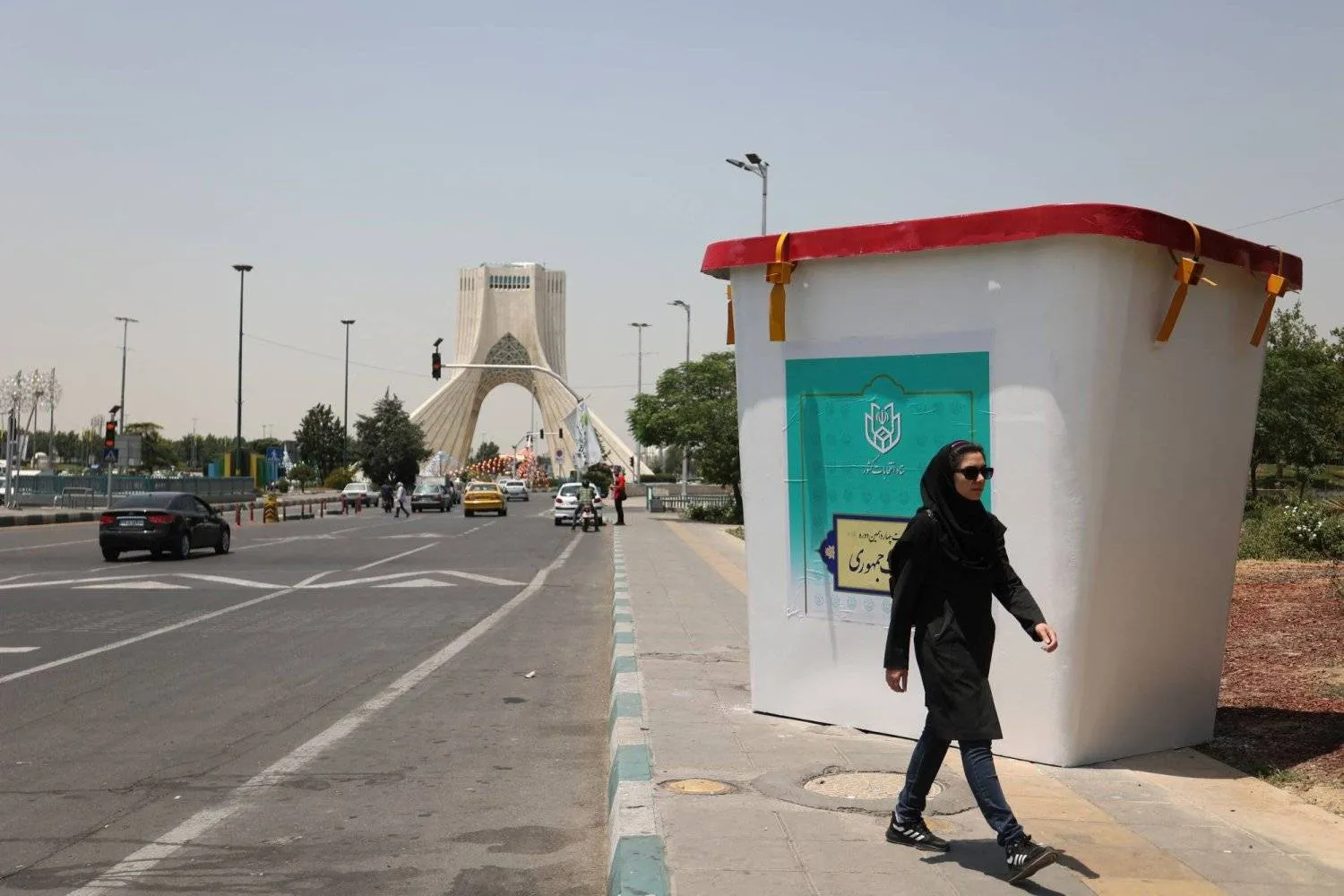Three days before Iran’s presidential election campaign ends, conservative candidate Mohammad Bagher Ghalibaf signaled readiness to negotiate with the United States using a “step-by-step” strategy.
After meeting religious leaders in the city of Qom, he stated he doesn’t oppose talks with the US, adding however: “We are in a confrontation with the enemy. These negotiations are unequal and have been stalling since former US President Donald Trump withdrew from the 2015 nuclear deal.”
Iran is currently involved in indirect negotiations with the US, mediated by regional and international parties, to revive the agreement.
“We are aiming for reciprocal steps in negotiations, focusing on the economic interests of our people,” Ghalibaf emphasized.
During a gathering with activists and economists on Saturday evening, he reiterated his foreign policy stance, supporting negotiations as a tool for strategic engagement.
Ghalibaf criticized the politicization of Iran’s economy, calling it detrimental, and linked economic recovery to fostering domestic investment.
He highlighted substantial domestic cash reserves, stressing the importance of attracting these funds for economic growth.
Ghalibaf proposed establishing a financial investment fund to distribute wealth more equitably and alleviate pressures on Iranians.
Iranian presidential elections were called early following the death of President Ebrahim Raisi in a helicopter crash last month.









